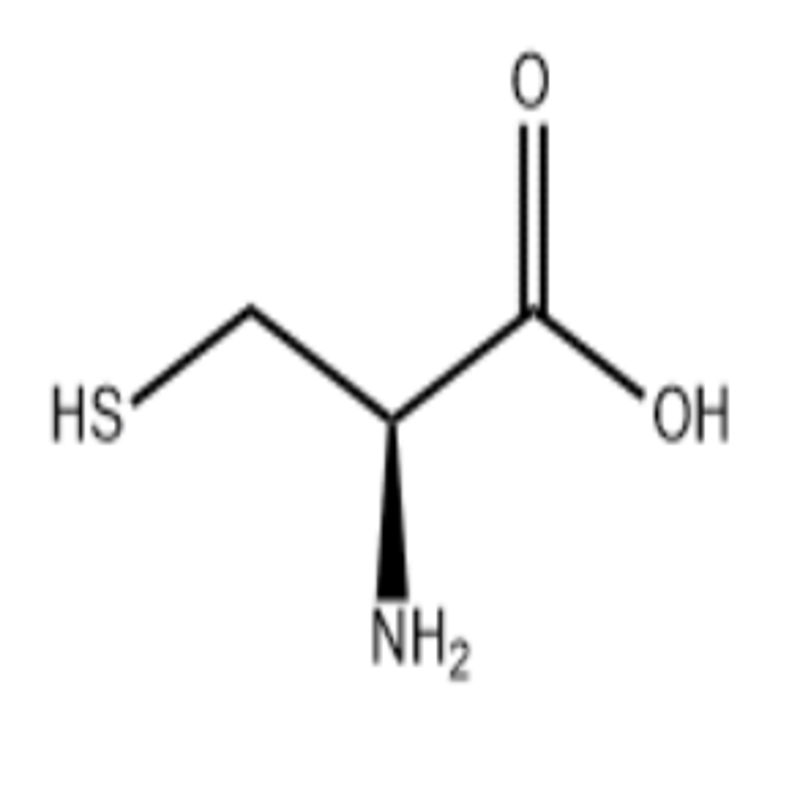Global warming or the threat of human "brain gold" intake
-
Last Update: 2021-03-16
-
Source: Internet
-
Author: User
Search more information of high quality chemicals, good prices and reliable suppliers, visit
www.echemi.com
study published today in the Journal of the Human Environment found that by 2100, 96 percent of the world's population may not be able to consume enough omega-3 fatty acids, which are important for brain development.
22 carbon heptoenoleic acid (i.e. DHA, a type of omega-3 fatty acid, also known as brain gold) is the most abundant fatty acid in the mammalian brain and plays an important role in physiological processes such as nerve protection, cell survival and inflammation. Although this fatty acid is essential for neurodevelopment and health, humans are unable to synthesize enough DHA on their own and need to meet their needs by ingesting fish, seafood or nutritional supplements.
Stefanie Colombo of Dale House University in Canada, Tim Rodgers of the University of Toronto and colleagues from Ryerson University and the University of Toronto developed a mathematical model to investigate the decline in DHA availability in different scenarios of global warming.
in the aquatic food chain, DHA is mainly produced by algae, and the bio-chemical reaction process that produces DHA is very sensitive to small changes in temperature.
researchers have found that if global warming continues to intensify, a decline in DHA production, combined with population growth, could result in 96 percent of the world's population not getting enough DHA from fish produced in their home countries.
those countries with large fish production and relatively small populations (e.g. Greenland, Norway, Chile and New Zealand) may still be able to consume the recommended daily DHA of 100 mg. By contrast, by 2100, East and South-East Asian countries (e.g. China, Japan and Indonesia) and most African countries will have shifted from surplus DHA intake to a minimum recommended intake.
, Rodgers and colleagues said: "According to our model, global warming will reduce global DHA availability by 10 to 58 per cent over the next 80 years. The most affected by the decline in DHA production are vulnerable groups and developing humans (e.g. embryonic and infancy), and may also be affected by carnivore mammals, especially polar carnivores. In
to predict annual DHA production in every United Nations fishing area in the world, the authors used a database of the project "Oceans Around Us". The project provides reconstittried fisheries data to help assess the impact of fishing on marine ecosystems. Warming is based on projections of global warming scenarios outlined in the fifth assessment report of the United Nations Intergovernmental Panel on Climate Change.
Colombo, Rodgers and colleagues said: "Another interesting finding is that the decline in DHA production in freshwater fisheries is more pronounced than in seawater fisheries, because freshwater waters are predicting temperature increases greater than oceans. The decline in DHA availability may therefore have a greater impact on some regions, particularly the interior of Africa. DHA
is an unsaturated fatty acid that is very important to the human body and is a major component of cell growth and maintenance of the nervous system. DHA is found to be up to 20% in the human cerebral cortical layer and the largest proportion in the retina of the eye, accounting for about 50%, so it is essential for the intellectual and visual development of the baby. DHA is an important component of brain cell membrane, involved in the formation and development of brain cells, the extension of nerve cell axons and the formation of new protrusions play an important role in maintaining the normal physiological activities of nerve cells, participate in the brain thinking and memory formation process.
relevant paper information:
This article is an English version of an article which is originally in the Chinese language on echemi.com and is provided for information purposes only.
This website makes no representation or warranty of any kind, either expressed or implied, as to the accuracy, completeness ownership or reliability of
the article or any translations thereof. If you have any concerns or complaints relating to the article, please send an email, providing a detailed
description of the concern or complaint, to
service@echemi.com. A staff member will contact you within 5 working days. Once verified, infringing content
will be removed immediately.







